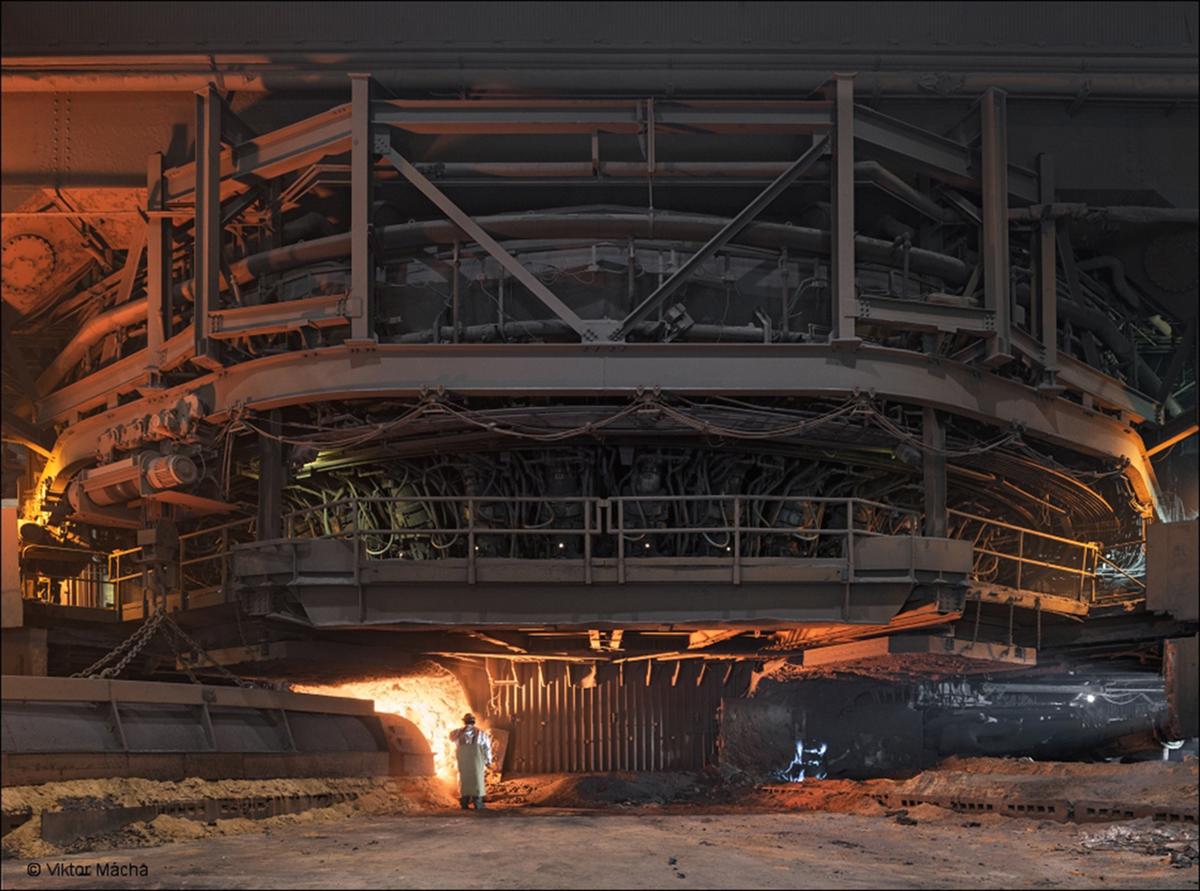Cliffs Natural Resources indefinitely idled their Empire Mine in Upper Michigan in August this year and with it went their resource for making a specially formulated high-fluxed pellet. But the company planned ahead and contacted NRRI’s minerals lab in the summer of 2007 to conduct a study to determine if Cliffs’ United Taconite mine in Eveleth, Minn. could produce these high-fluxed pellets.
The high-fluxed pellet has a specific chemistry that is required for ArcelorMittal’s blast furnace No. 7 in Chicago. It’s the largest blast furnace in the western hemisphere with a capacity of nearly 12,000 metric tons per day.
NRRI Minerals Lab Director Dick Kiesel ran some feasibility tests using the Eveleth mine concentrate. NRRI’s ability to do this reduces the company’s risk in starting a new venture.
“We have custom firing cycles that replicate the Utac furnaces,” explained Kiesel. “So using those cycles we ran a series of comparative pot grate tests with some modifications. Once the feasibility was established, the Cliffs Technology Research team took over.”
This summer, Cliffs Natural Resources announced that United Taconite would produce the new fluxed pellet at the plant in Forbes, Minn. They named the new product “Mustang” pellets and the plant is expected to start production in the in the second quarter of 2017. The Mustang pellet links UTAC with a long-term customer, which provides significant benefit to the operation and its more than 500 employees.
The high-fluxed pellet has been around for some 25 years. It has higher levels of limestone and dolomite than standard iron ore pellets that allow it to flow through the extra-large bed of blast furnace No. 7 without creating production issues.
“It’s what we’re here to do. NRRI is often behind the scenes, helping the taconite industry move forward,” Kiesel added.
